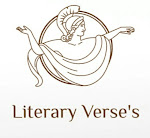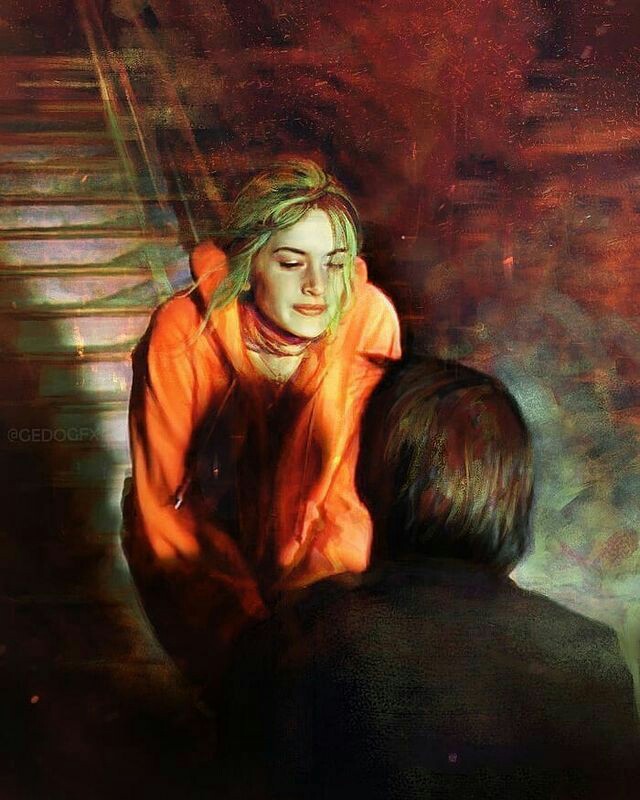The Generous Prince
In the heart of a bustling city stood the statue of the Joyful Statue, a magnificent figure adorned with gold leaf and precious stones. It towered over the town square, its eyes made of sparkling sapphires and a large ruby set in its sword. The Joyful Statue was a beloved symbol of prosperity and happiness, admired by all who passed by.
One evening, as the stars twinkled in the sky, a small swallow named Swift flew into the city, seeking shelter. He had been separated from his flock on their journey to a warmer climate. Spotting the statue, Swift decided to rest on its shoulder for the night.
As Swift nestled into the statue's cold shoulder, he heard a soft voice. "Who are you, little bird?" it asked. Startled, Swift looked around and realized it was the statue speaking to him.
"I am Swift," the bird replied. "I am on my way to a warmer place but got lost. Who are you?"
"I am the Joyful Statue," the figure replied. "But I was once a prince who lived in a grand palace. When I died, they built this statue in my memory. I could not see the suffering of my people when I lived, but now I see everything from up here. It breaks my heart."
Swift was moved by the statue's words. "How can I help?" he asked.
The Joyful Statue told Swift about the misery and poverty he saw every day. "There is a poor woman down the street," the statue said. "She has a sick child and no money for medicine. Please, take the ruby from my sword and give it to her."
Reluctantly, Swift plucked the ruby from the statue's sword and flew to the woman's house. He left the ruby on her windowsill and returned to the statue. The next day, the woman found the ruby, bought medicine for her child, and both were saved.
Swift intended to leave the next day, but the Joyful Statue asked him to stay a bit longer. "There is a young man in a cold garret," the statue said. "He is trying to finish a play but has no food or firewood. Take one of my sapphire eyes to him."
Swift obeyed, taking one of the statue's sapphire eyes and delivering it to the young man. With the money from the sapphire, the playwright could buy food and firewood and finish his play, which became a great success.
The following day, the statue made another request. "There is a little girl selling matches," he said. "She has no shoes and is shivering in the cold. Take my other sapphire eye and give it to her."
Swift hesitated. "But you will be blind."
"Do as I ask," the statue insisted. So, Swift took the remaining sapphire and gave it to the girl. She bought shoes and warm clothes, no longer needing to suffer in the cold.
Now blind, the Joyful Statue continued to guide Swift. "Take the gold leaf covering my body and give it to the poor," he instructed. Swift carefully stripped the gold from the statue and distributed it among the city's neediest.
Winter came, and Swift grew weaker. He had given all he had to help the statue and its people. Finally, unable to bear the cold any longer, he lay down at the foot of the statue and died.
The next morning, the mayor and townspeople gathered around the statue. They were shocked to see it bare and dull, no longer sparkling with gold and jewels. They found Swift's lifeless body at its feet and decided to pull the statue down, calling it an eyesore.
However, the statue's metal heart, now dull and worthless, would not melt in the furnace. It was discarded in a heap of rubbish next to Swift's body.
In the afterlife, the Joyful Statue and Swift were reunited in paradise. They were praised for their selflessness and compassion, living eternally in happiness, surrounded by the love they had given to others.




